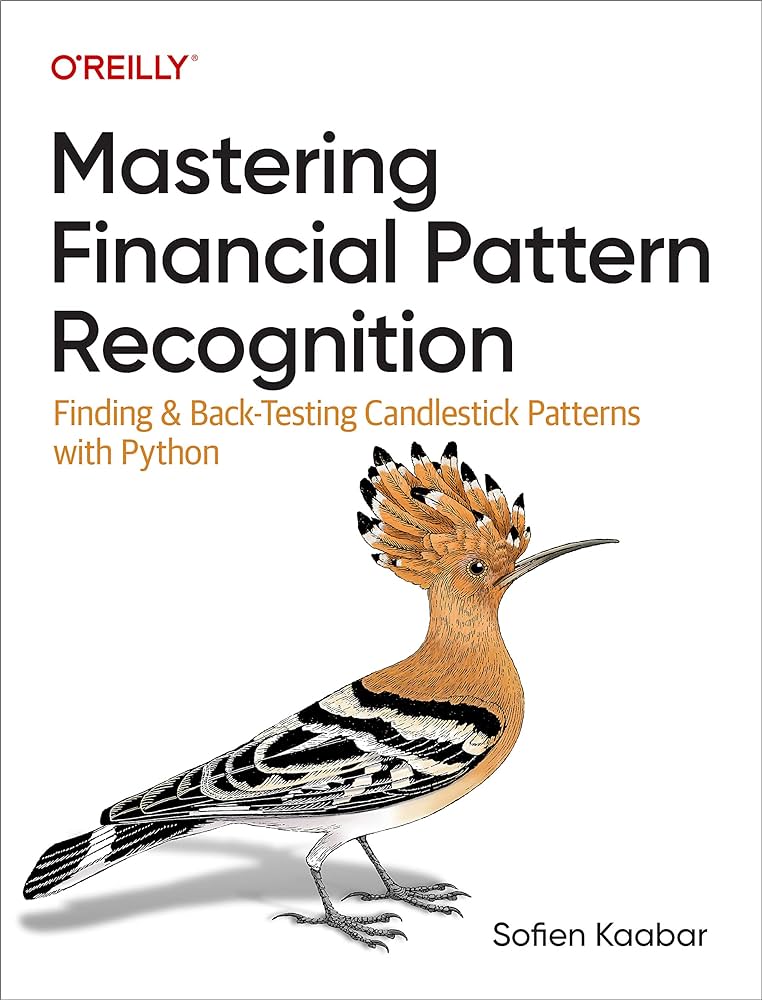A currency forward is a financial contract that allows individuals or businesses to lock in an exchange rate for a future date. It is a way to manage foreign exchange risk and protect against potential currency fluctuations.

Credit: www.wsj.com
Table of Contents
How does a Currency Forward work?
When engaging in a currency forward, two parties agree to exchange a specific amount of one currency for another at a predetermined rate, known as the forward rate. The transaction takes place on a future date, referred to as the settlement date.
For example, let’s say a business based in the United States has a payment due in six months to a supplier in Europe. They want to protect themselves from potential currency fluctuations, so they enter into a currency forward contract with a bank or financial institution. The forward contract locks in the exchange rate for the payment, providing certainty for the business.
If the exchange rate moves favorably for the business, they still have to honor the forward rate agreed upon, even if the spot rate (current exchange rate) is lower. On the other hand, if the spot rate becomes more favorable, the business is still obligated to exchange currencies at the forward rate.
The Benefits of Currency Forward Contracts
There are several benefits to using currency forward contracts:
- Protection against currency fluctuations: Currency forwards provide protection against unexpected exchange rate movements, allowing businesses to accurately plan and manage their cash flows.
- Budget certainty: By locking in exchange rates ahead of time, businesses can accurately forecast the cost of foreign currency transactions, reducing uncertainty and budgetary concerns.
- Flexibility: Currency forwards can be tailored to meet specific needs, allowing businesses to select the amount, currencies, and settlement dates that work best for them.
- Hedging strategies: Currency forwards are commonly used as part of hedging strategies, where individuals or businesses offset potential losses in one currency with gains in another.
Risks Associated with Currency Forward Contracts
While currency forwards offer many benefits, it is important to be aware of the associated risks:
- Non-flexibility: Once a currency forward contract is in place, it is binding, and parties are legally obligated to fulfill the terms of the agreement, regardless of changes in the market.
- Opportunity cost: If exchange rates move significantly in favor of one party, the other party may face an opportunity cost by being locked into the agreed-upon forward rate.
- Counterparty risk: There is always a risk that the other party involved in the currency forward contract may default on the agreement, leaving one party exposed to potential losses.

Credit: www.ft.com
Conclusion
Currency forward contracts are valuable tools for managing foreign exchange risk and protecting against currency volatility. They offer businesses certainty and control over their international financial transactions. However, it is important for individuals or businesses to carefully evaluate the risks and benefits associated with currency forwards before entering into any agreements.
